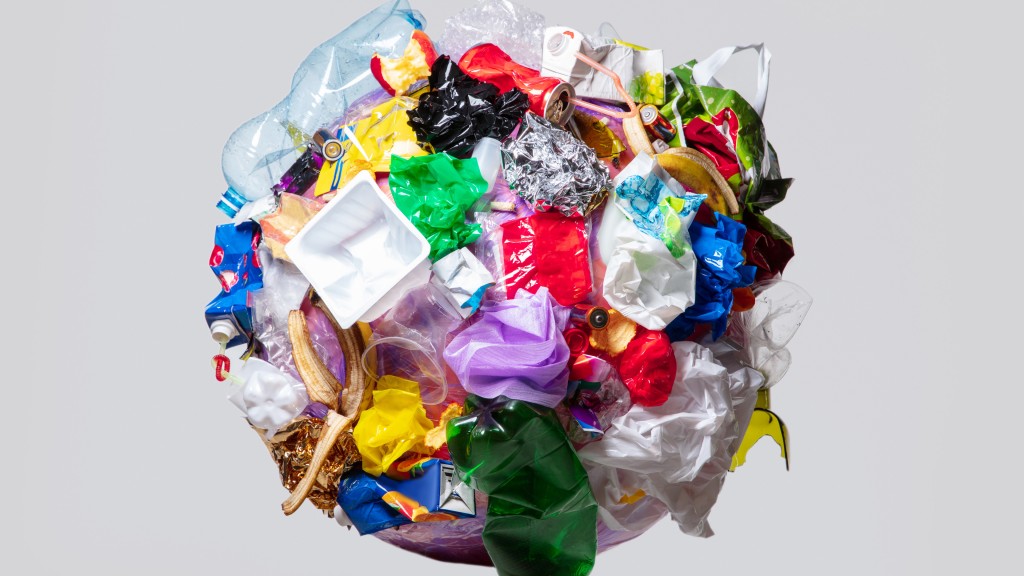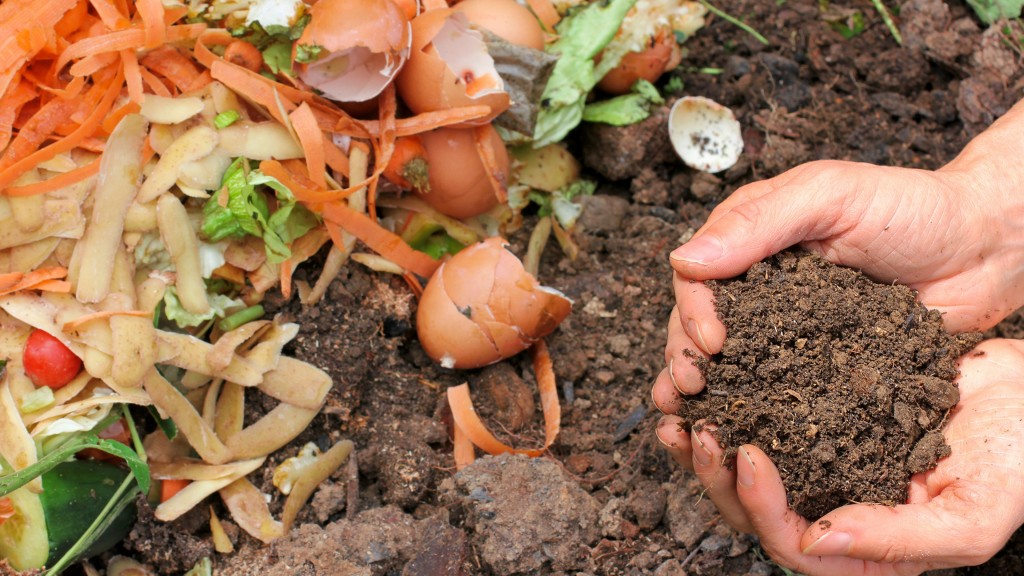
The Association of Plastic Recyclers (APR) has updated its APR Design Guide for Plastic Recyclability to align with RecyClass, the European-based non-profit initiative focused on advancing plastics circularity. The APR Design Guide will now state that six percent of EVOH is allowed for HDPE containers.
"Because the recycling process is very similar in both geographies, packaging will likely be processed similarly," said Curt Cozart, APR COO. "Although some differences exist, APR Design Guidance is nearly the same as RecyClass. The APR Design Guide previously allowed for five percent EVOH in HDPE containers but will update to six percent to align with RecyClass Design for Recycling Guidelines."
Through their respective technical committees, APR and RecyClass are working towards the global alignment of recyclability principles. In these groups, scientific data, gathered based on standardized testing protocols, is shared and serves as the base for discussions on uncovering the complexities of plastic packaging.
In addition to guidance on the use of EVOH in HDPE containers, guidance on the use of EVOH in PP containers has also been streamlined through this collaboration.
"To achieve a truly circular future for plastics, harmonization is essential," commented Paolo Glerean, chairman of RecyClass. "The real value of the collaboration between APR and RecyClass is evident in these latest recommendations, providing clearer guidance to the plastics industry globally. These joint efforts will allow the plastic packaging value chain to standardize their products on a larger scale and make the path towards the circular use of plastics more cost-efficient."
This activity is part of a continued effort between APR and RecyClass to reinforce their collaboration to help harmonize the recyclability of plastic packaging types through a shared vision of science-based design for recycling guidelines and protocols for recyclability assessments. This partnership will drive a unified, fact-based approach to recyclability, and bring clarity to the whole value chain. These harmonization efforts take into consideration the variations in recycling capabilities and infrastructure between the two regions.
APR and RecyClass will jointly present this information at the PPWR2: Optimizing Packaging Systems' Safety for Reuse and Recycling in Compliance with the New Packaging and Packaging Waste Regulation on November 9, 2023.



